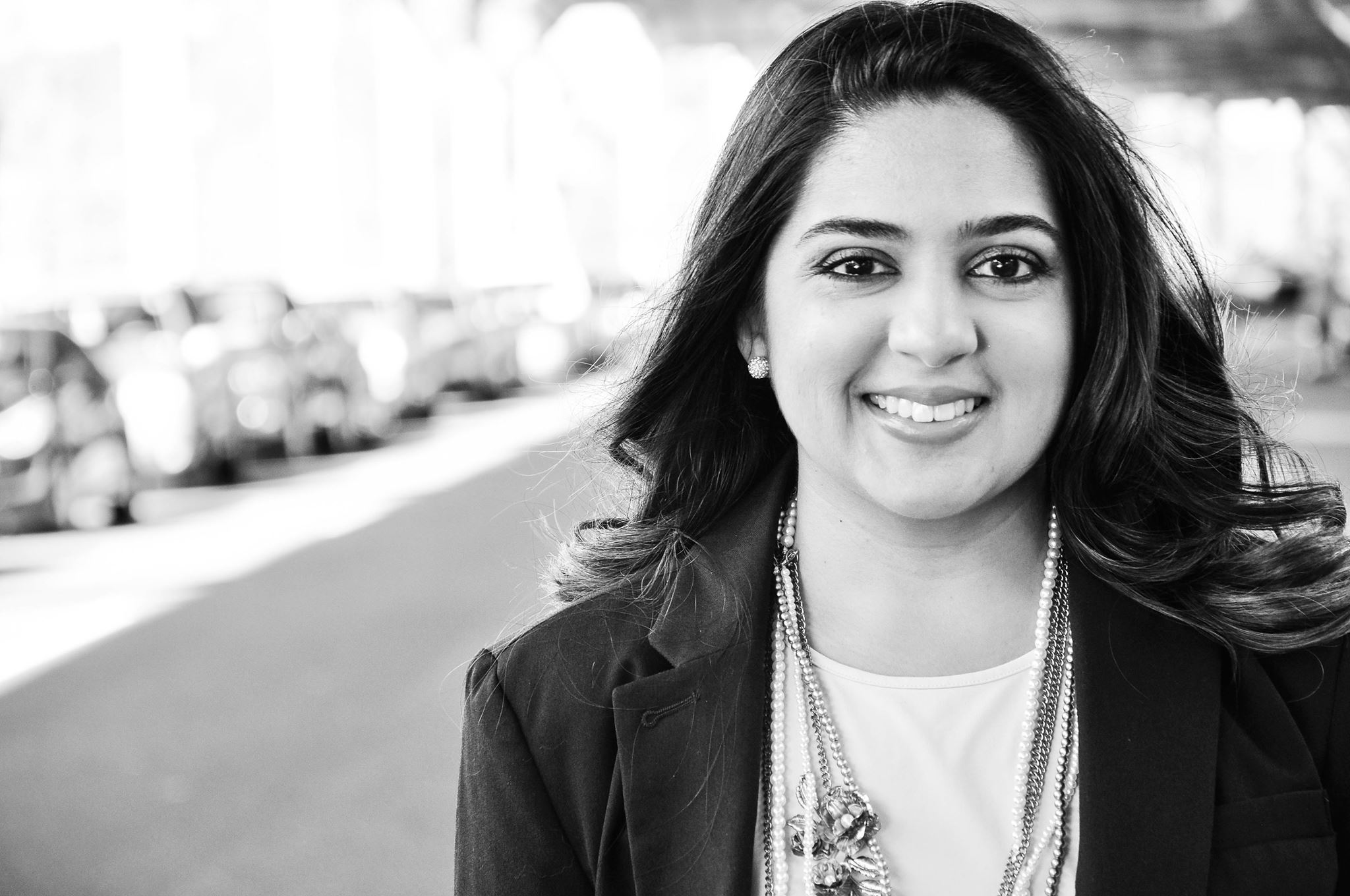As the #MeToo movement gains traction, and each week brings bombshell accusations against celebrities, it is important to think about how each of us can work to bring about the long term societal change needed to attack the root of sexual violence.
Last month, it was Louis CK. This month it’s Aziz Ansari. In an article published by babe.net, survivor “Grace” details a harrowing evening spent in the company of Aziz Ansari, as he persistently ignored her verbal and nonverbal refusals of his sexual advances. Grace’s account is highly nuanced and outlines Ansari’s complete disregard for her lack of consent. Ansari has since then responded to the allegations by stating that to his understanding, everything that happened that evening was consensual.
Tomorrow it will be someone else. While the face of the accused changes and the degree of their coercive behavior differs, the comments flooding multiple social media threads and articles do not. The social media response leads to sensationalized details, rampant victim blaming, unfounded speculations about the parties involved, and the re-traumatization of the accuser.
Why didn’t she leave or just walk away? Why didn’t she call the police? She sent him mixed messages. She’s doing it for the money. This is just an angry woman who had a bad date and wants to take revenge now.
Given Ansari’s affiliation with South Asian and Muslim communities and his work to humanize Muslims through his comedy, this particular story has caused a stir among many South Asian and/or Muslim men who remain in denial of the hard truth. The truth being that the situation Grace describes with Ansari – his entitled attitude toward sex coupled with his lack of understanding or respect for boundaries and consent – is as much a lived reality for many South Asian and Muslim women as their white peers, both in premarital and marital contexts. Not unlike the broader American culture, these stories largely remain untold in the Muslim and South Asian communities. The reasons for the silence are the same—stigma and fear. This time though, the shaming and blaming takes on an additional layer: She’s a white woman trying to bring a brown man down; this is just another case of Islamophobia – Ansari is the true victim.
Yet, what we aren’t asking are the questions that get to the root cause of sexual violence. We aren’t asking why abusers – who 90% of the time are male – continue to force a sexual encounter, even when they are explicitly and repeatedly told no. We aren’t asking why accounts like Grace’s are written off as “bad sex” or “normal” instead of coercive behaviors that can ultimately lead to sexual assault. We aren’t asking what we can do to create a safer culture that promotes the sexual agency and dignity of all those involved – in both premarital and marital relationships – and creates more just systems of accountability when those ethical boundaries are crossed.
When we’re living in a world that is more preoccupied with the humiliation of those accused of sexual violence, than it is with the physical, mental, and social wellbeing of our survivors, we’ve got to face the reality that we’re doing it wrong.
Prevention is not just about education on how to avoid being victimized.
As we think about the culture shift that is long overdue, we must challenge approaches we’ve depended on for too long as a quick solution to prevent sexual misconduct.
Arming individuals with knowledge on how to avoid sexual assault is a key part of prevention, yet risk reduction – such as walking away from a situation – does not fully address the abusive behaviors in question. For example, walking away from a particular encounter might prevent sexual assault in that instance, but it doesn’t keep the accused from forcing himself on the next person.
We live in a society that socializes men to believe they are entitled to sex. That no matter how many times or ways she says no, it really means yes. This is precisely why an important component of prevention is addressing rape culture and toxic masculinity: understanding what systems and cultures enable such abuse to happen in the first place.
Moreover, it is crucial to examine sexual violence as a spectrum of abuses; while some situations are absolutely greater offenses than others, we must acknowledge that all of it feeds into the larger culture of sexual violence. Often, it’s the smaller abuses and “noncriminal” acts of violence that go unchecked. This is particularly relevant to Muslim communities right now, who are facing tough questions on what community accountability looks like when accusations of sexual misconduct – though unethical and clearly an abuse of power – remain noncriminal.
The onus of prevention cannot just be on women and girls.
Initial reactions to reports of sexual violence often lay blame on the women and/or “liberal” culture in which boundaries and lines are blurry. The conversations at home and in our communities usually place the onus of prevention on the women and girls: if only they had dressed more modestly, dated smarter (or not at all in the case of Muslim communities), and walked away when situations became uncomfortable, we wouldn’t have sexual violence. This approach deflects the need for holding those who do harm accountable and instead puts the blame on victims and broader societal factors.
The reality of sexual violence is that it not only occurs in almost every profession, race, religion, culture, and environment, but that it thrives due to the unequal power structures, gender stereotypes, and the inevitable victim blaming that occurs when accusations are made public. Our prevention efforts no longer can place the burden on women and girls, who are also overwhelmingly victims of such violence, but must include a shift to challenging men and boys to understand their power and privilege. Moreover, they must examine their inherent attitudes to gender, sex, and consent, as explained in this article:
It is not so much about making monsters out of all men as it is about illustrating the potential for all men to be monstrous, even the Nice Guys. Though these men may not be as calculated in their predation as someone like Weinstein, the phenomenon is equally damaging in that it ignores the complexities of power and circumstance, reducing consent to a monolith without consideration for the path there.
We must reimagine how we talk about sex, relationships, and gender.
America’s story is bittersweet: we are one of the most diverse nations in the world, we are a land of opportunity. Many of us, including and especially Ansari with his Hollywood success, have lived the American dream. But we are also a nation built on colonization and slavery, with gender-based violence nestled at the very root of colonization. Many immigrants come from countries that have similar histories. We must reflect on how these histories have informed the attitudes of today. We must develop programs that critically examine culture and politics and challenge how systemic patriarchy and colonization have continued to reinforce men’s entitlement to sex. Only then can we reimagine gender stereotypes and dating culture.
This conversation is long overdue. We encourage individuals to speak up about sexual violence yet we ask them to operate within a system that doubts, belittles, or minimizes their experiences. We need to create systemic change that will challenge dating culture, force society to examine behaviors that for too long have been considered normal, and really commit to “understanding how abuses of power can manifest in small ways as well as large ones.”
This process will absolutely cause discomfort and will require us to acknowledge the fallibility of some of our most beloved and respected icons. It will mean making difficult decisions about how and when to hold people accountable, especially when the coercive behaviors do not fall in the realm of criminal activity. It will mean that alongside the legal system, we’ll have to invest in restorative justice and community accountability processes in our workplaces and community institutions.
For South Asian and Muslim communities that are still navigating what healthy dating and marital relationships look like in the West, it means prioritizing education about consent and gender roles, and challenging how religious tradition can be misused to perpetuate misogyny instead of promoting equity. We owe it to each other to engage in a culture of introspection: how can I contribute to a rich conversation that challenges social norms and results in safer, healthier, more enjoyable relationships?
Nadiah Mohajir is Founder & Executive Director of HEART Women & Girls, a national nonprofit that promotes sexual health and sexual violence awareness in Muslim communities.
Image Credit



















